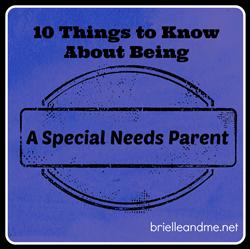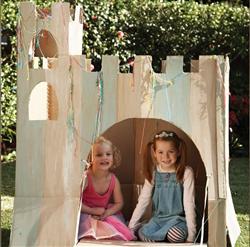Do you praise your kids too much? (I think I might.)
By Guest Blogger Kristen Bagwell
I was in a workshop last week for my job, and heard something that I think I’ve heard before: In order to help your children become better learners, don’t tell them they are smart. What? Of course I am totally guilty of doing the wrong thing here; I tell my daughter she is smart all the time. (She’s a genius; I can’t help it.) However, the speaker said that telling a child he or she is smart can lead to arrogance and complacency, because if a child takes “you’re smart” too literally, he won’t feel a need to learn.
To be honest, I was not sure I was buying his theory. Surely my parents told me I was smart, and I turned out ok…right? Well, of course I had to go hunting online until I found an article in Parents Magazine on this topic and surprise – it gave advice along the same lines. Studies show that over-praising our children can actually diminish the impact of praise, and prevents kids from becoming satisfied in their own achievements (if they are always doing things expecting praise). So what the *beep* do I do now?
To explain this a bit better, here’s a but more information from the article:
“Overpraising a child can get her hooked on success and celebration instead of being satisfied by her own accomplishment,” says Elizabeth Hartley-Brewer, author of Praising Boys Well and Praising Girls Well. Even if your praise is sincere, you may not be using it the right way. If your compliments tend to be about you (“I think you did a great job”) rather than about your child (“I’ll bet you’re proud of yourself”), she’ll start to look for your approval every time she does something. But that doesn’t mean you should drop praise from your disciplinary playbook. If you use it the right way, it’s a valuable tool for reinforcing good behavior, boosting your child’s self-esteem, and making her feel loved, appreciated, and inspired. ”
Well, good, I guess. But can I not tell my daughter “good job” if she’s done one? Basically, parents are encouraged to praise children by pointing out how they got to the praise point, rather than just telling our kids they are great all the time. (Even if they are.)
As I researched more online, I found a lot of helpful advice.
– Instead of saying “You are an incredible swimmer!” Say, “Wow, you have been working so hard on your diving and it really showed in that last race!”
– Giving too much praise can diminish its effectiveness. It can also backfire, making our kids think they have to constantly try to impress us.
– When your child is learning a new activity, don’t comment on how well she does it. Instead, compliment her enthusiasm and progress.
– Try your best not to compare your child to others or congratulate them for beating or performing better than others. Not only is this not appropriate praise, but it can create animosity between your child and his/her teammates and friends.
– Nonverbal cues are a great way to express your approval. Smiles, high-fives, fist -pumps, etc.
– Encourage your child to watch other children and compliment them when they know they have been working hard at something. This shows your child how to look for improvement, not just success and can also boost up another child’s self-esteem who may not get ANY praise from home.
– Praising good behavior reinforces it. Rather than point out what the child did wrong, reinforce the behavior you want to see.
– Don’t brag about your child to others! (I may have some trouble with this one.) Evidently bragging on your child isn’t just annoying; it also puts a lot of pressure on your child to perform. Whoops.
– Be honest about your child’s ability. Instead of saying he or she is good at something when they clearly aren’t (yet), encourage them for working on it and sticking with it.
I’m still not sure that this isn’t over-thinking things a little, but if it’s been studied, I will concede that these people probably know what they are talking about. What do you think? Any thoughts, questions, or advice that you want to share?
*Photo credit: Kathy Miller with One Shot Photography







